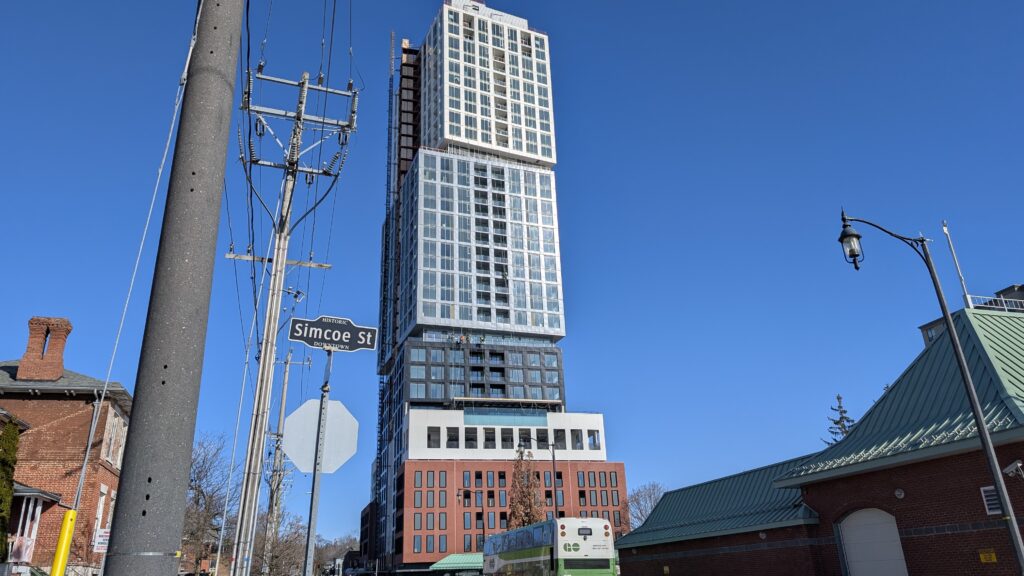In Barrie, rents climb while families shrink, tightening the squeeze on would-be renters and homeowners alike. What once felt like a suburban safe haven now teeters under the weight of escalating costs and fewer hands to share the burden.
Barrie’s housing market, like much of Canada, is wrestling with the classic law of supply and demand. As the city’s population grows and the average household shrinks—from over a dozen members in 1851 to just two and a half today—demand for homes has surged far ahead of supply. Prices respond in kind. Condo values, which spiked in 2021, dipped briefly but show signs of rallying again, leaving affordability out of reach for many.
The influx of students and newcomers, driven by a robust education sector and immigration, only adds fuel to the fire. While some lay blame on international students, the reality is that Barrie’s housing crunch has been decades in the making. Detached homes dominate the landscape because they’re easy to sell and designers’ favourites for profit, but they’re hardly affordable starters. Low-density neighbourhoods, with their reliance on cars, add invisible costs—traffic congestion, distant schools, and rising municipal servicing expenses.
For renters, the numbers sting. In April 2023, Barrie’s average rent for a two-bedroom unit sat at $2,583, up 20 percent from the previous year. With minimum wage hovering around $2,600 a month, affordable options are vanishing. Stagnant rental construction until recent years left many tenants spending more than 30 percent of their income on shelter—double the rate for homeowners.
Developers face their own hurdles. Soaring land prices, a patchwork of regulatory hoops, and ballooning development fees (now topping $100,000 per dwelling) slow new projects to a crawl. Each delay adds costs, which inevitably land on buyers and renters. Municipalities leaning on development charges for income only deepen the affordability chasm.
Yet, out of this gridlock, novel solutions begin to take shape. Co-operative housing, once stymied by red tape, is gaining traction as a way to share costs and foster community, especially for seniors, single parents, and young workers. Even the federal budget hints at a direct government role in building homes. Barrie’s affordability crisis, forged over decades, won’t vanish overnight, but as the city’s story shifts, fresh ideas may offer a path forward.
References:
COLUMN: Rising rents, shrinking households fuel affordability concerns

